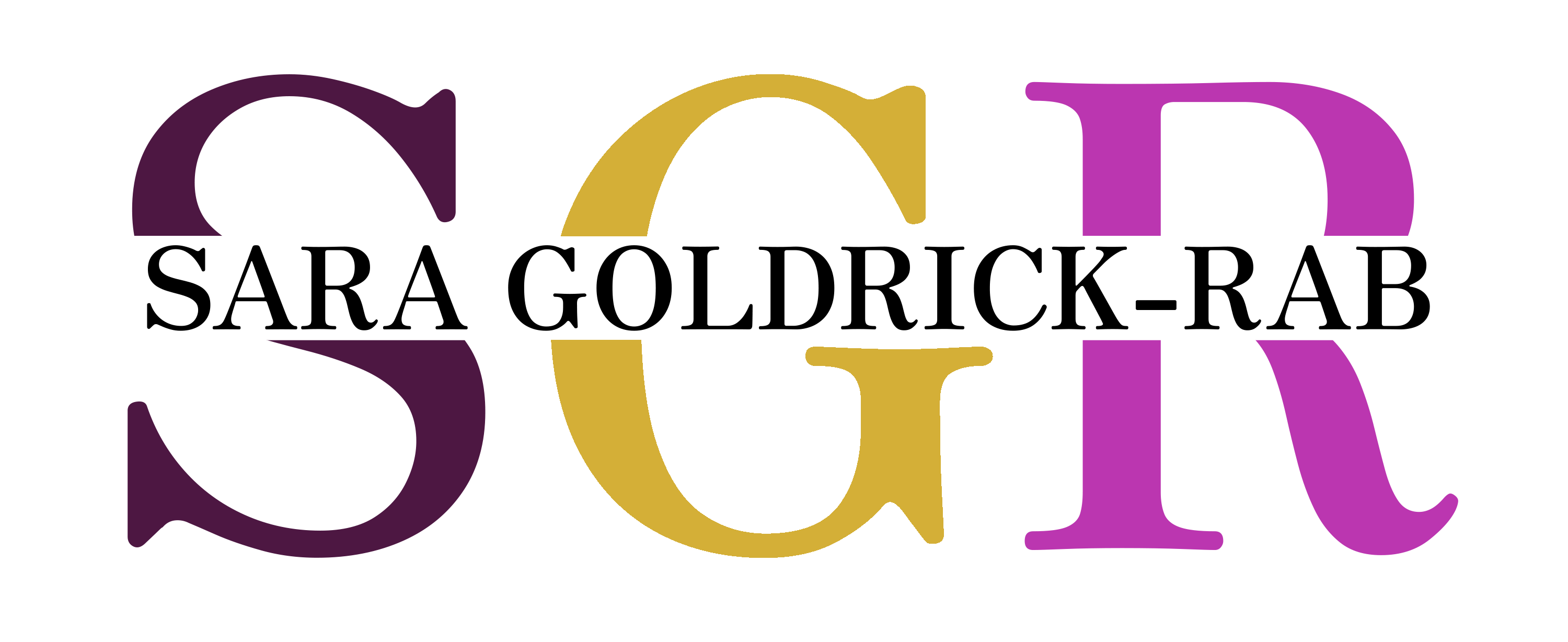Social scientists are increasingly concerned with both identifying and explaining phenomena of interest, including the impacts of policies and practices. Many agree that given the limitations of any specific methodological tool, endeavors to understand the “hows” and “whys” of observed relationships are best informed by mixed methods research. But what is mixed methods research and how is it best conducted? This course covers the theory and practice of mixed methods research in the social sciences with an emphasis on the pragmatic considerations that contribute to the success or failure of such projects. We discuss the development and execution of mixed method studies, the analyses of data obtained from multiple methodological approaches, and the practical tools required to do the work. Throughout the course, we examine specific applications of mixed methods research and learn from researchers who have thought through the art and the science required to utilize this approach.
